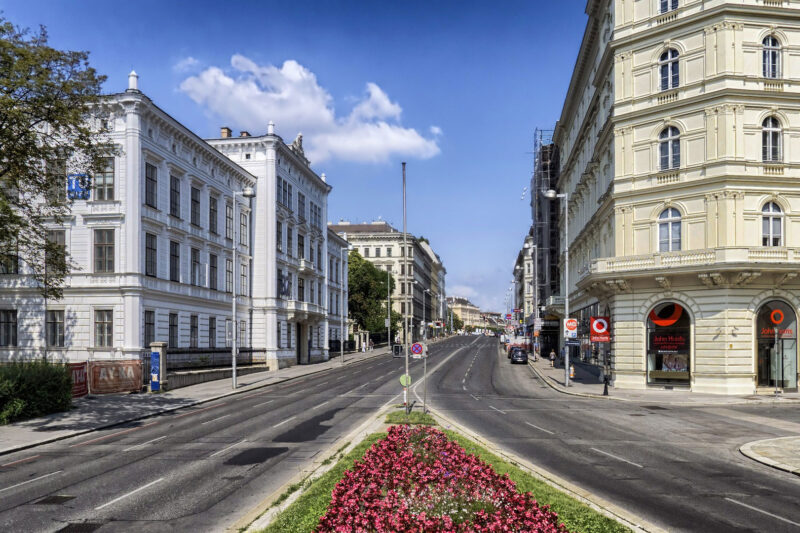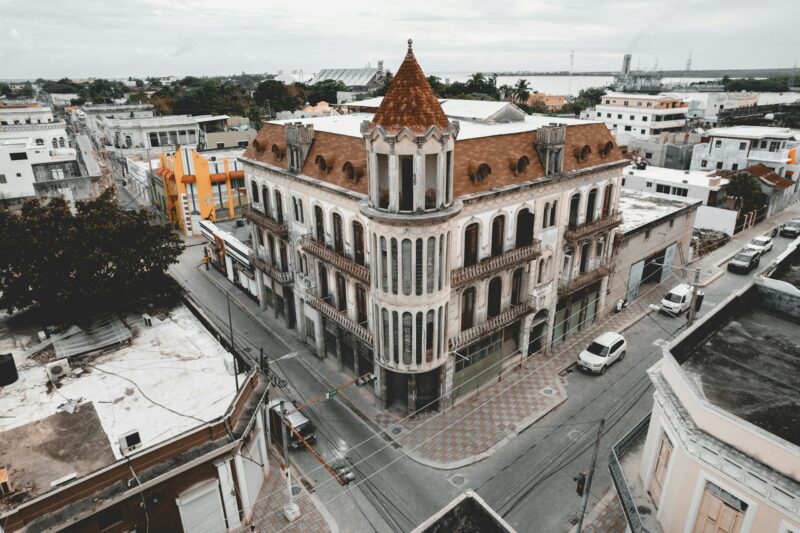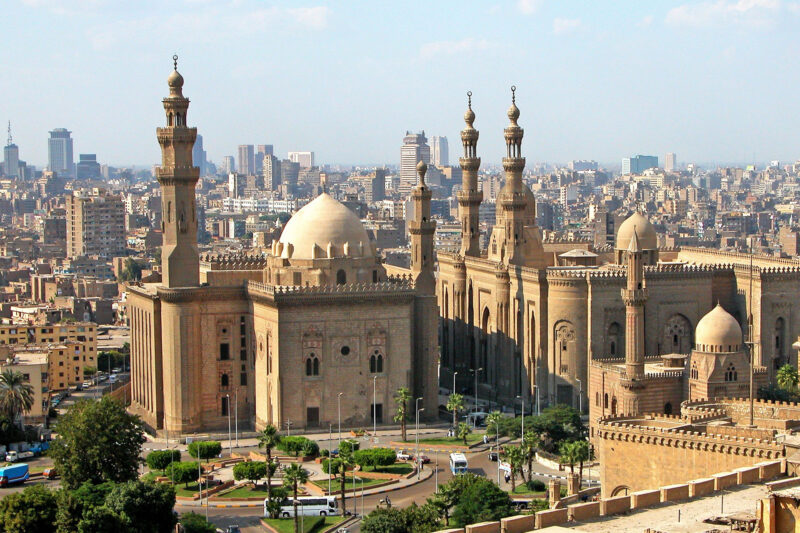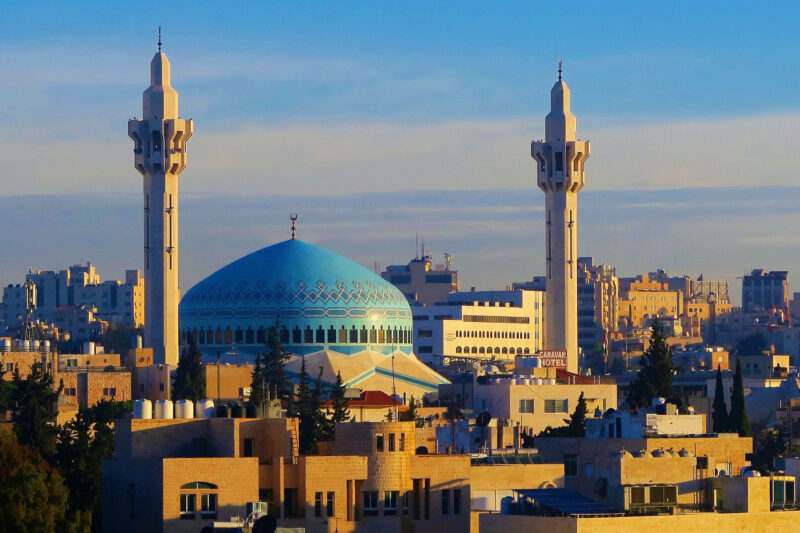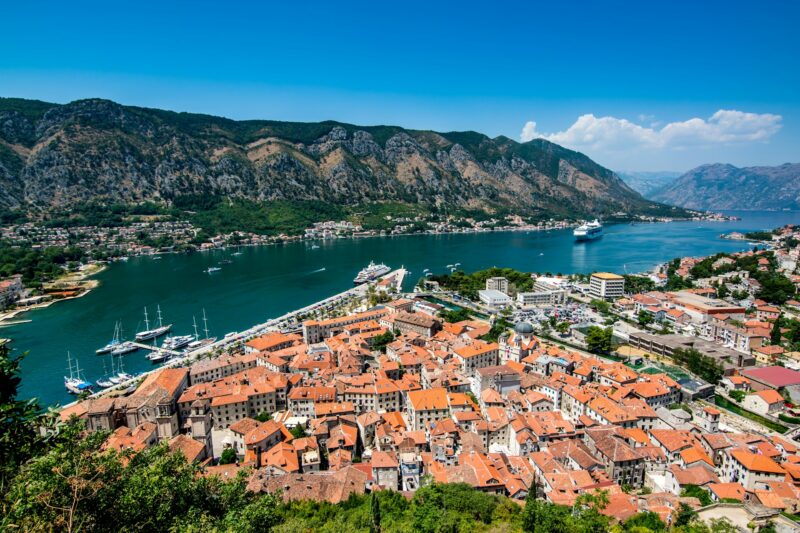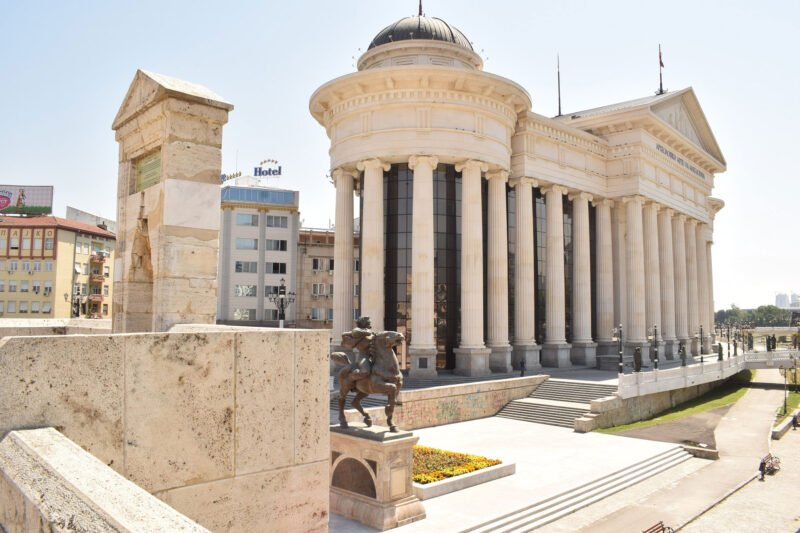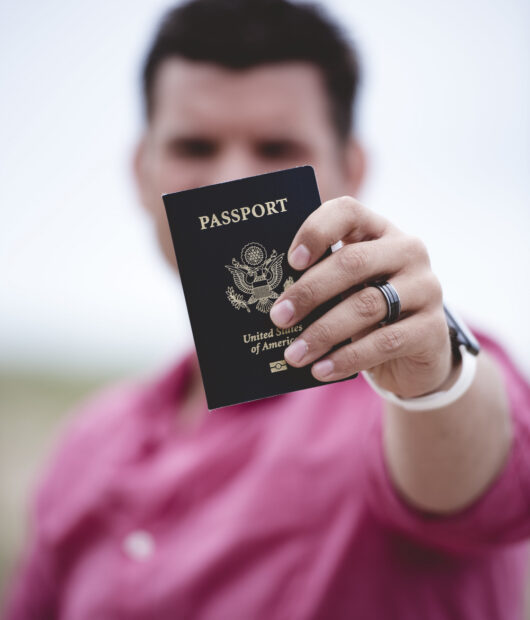
Understanding Residence Permits Through Business Ventures and Independent Means: The Importance of Expert Guidance
In many countries, you can obtain a residence permit by incorporating a company, establishing a branch or subsidiary of a foreign business, or investing in or starting a new business. Additionally, some countries offer residence permits for individuals with significant independent means, provided they meet specific criteria.
However, navigating the complex and frequently changing laws of different countries can be challenging. Procedures may be intricate, and a thorough understanding of legal requirements is essential for success. Engaging an experienced specialist can greatly enhance your chances of obtaining a residence permit, as professional consultants often make the crucial difference between approval and denial.
What is Permanent Residency?
Permanent Residency (PR) is a persons’ visa status allowing them to permanently live in a country where they are not citizens. Permanent Residents can live, work, go to school and access the health care facilities of their host country.
Each country has its own rules regarding eligibility for permanent residency status, with certain requirements such as having a certain level of work experience in the country, having studied in the country and speaking the local language. PR status can also lead to citizenship by naturalization provided the resident has lived in the country for a certain number of years.
Furthermore, improve your lifestyle and boost the prospects of your children through education. With a second residence, you can ensure both health and wealth. Second residency’s a Plan B. It’s an alternative. Adding extra options is playing it safe, after all.
Investment in the country is another way to gain permanent residency, and individuals who achieve this status can often go on to gain citizenship as well if they wish.
What are Temporary Residence Permits?
Temporary residence permits allow you to extend your stay beyond the typical tourist visa, with durations ranging from one to five years, depending on the program. These permits are issued with specific time limits, and renewal is necessary to continue residing in the country.
The renewal process is generally tied to the purpose of the permit and requires meeting particular physical residence criteria. Temporary residents may face restrictions, such as limited access to certain benefits or single-entry permits. While temporary residence permits do not directly lead to citizenship, they can be a pathway to obtaining permanent residence.
What are Permanent Residency Permits?
Permanent residency permits offer a pathway to citizenship for those seeking to live long-term in a foreign country. These permits typically allow you to stay, work, or start a business, and are usually valid for five to ten years. With a permanent residency card, you enjoy extensive rights akin to those of citizens, with the notable exception of political rights, such as voting.
Renewal of a permanent residency permit generally depends on meeting physical residence requirements. While the process for transitioning from permanent residency to citizenship varies by country, some may require language proficiency or have restrictions on dual citizenship. To navigate these complexities, it’s beneficial to work with experienced advisors, such as Compass Services Ltd, who can provide expert guidance throughout the process.
What is Residency by Investment?
Residency by investment, also known as a golden visa or investor visa programme, is the process of gaining permanent residency status in a foreign country through investments into their economy. Typically, such investment accelerates the process of gaining PR status as well.
What are the requirements for Residency by Investment (RBI)?
Residency by Investment (RBI) programs generally have both commonalities and differences across countries. Here are some typical requirements:
- Age: Applicants must be over 18 years of age. You can usually include a spouse and dependents in your application.
- Clean Criminal Record: Applicants must provide proof of a clean criminal background.
- Legal Source of Funds: You must demonstrate the legal origin of your investment funds.
- Approved Investment Options: Investment must be made in one of the government-approved categories, such as real estate, government bonds, or a national economic fund.
Common Investment Options Include:
- National Fund Contribution: Invest in a government fund used for national infrastructure and development projects.
- Property Development Projects: Contribute to real estate development projects aimed at enhancing local infrastructure.
- Real Estate Purchase: Buy property for personal use, such as residential or commercial real estate.
Investment amounts and specific program details can vary widely between countries, so it’s important to review the requirements of each program carefully and seek expert guidance if needed.
Why do people invest in Permanent Residency?
Investing in permanent residency offers numerous advantages, making it a compelling option for high-net-worth individuals (HNWIs). Here’s why people choose to invest in permanent residency:
- Security: Securing permanent residency in a stable and peaceful country provides a safety net in case of political unrest or instability in one’s home country. This form of protection is invaluable for both investors and their families.
- Global Mobility: Many passports offer limited visa-free travel, requiring frequent visa applications. Permanent residency can significantly enhance global mobility. For instance, while a Chinese passport allows visa-free access to only 58 countries, permanent residency in Portugal provides unrestricted travel within the Schengen Area, which includes 26 European countries. This increased mobility can save considerable time and facilitate international business activities.
- Business Opportunities: Permanent residency can open new avenues for business, allowing investors to operate more freely in the host country and travel internationally with greater ease.
- Tax Management: Permanent residency can offer tax optimization benefits. For example, Bulgaria’s low income tax rate presents opportunities for more efficient wealth management.
- Family Benefits: Many residency by investment programs extend benefits to family members, ensuring a better future for spouses and children. Permanent residency grants access to high-quality health care, education, and an enhanced lifestyle.
- Education: Permanent residency can provide access to some of the world’s best educational institutions, often qualifying applicants and their children for domestic rather than international tuition rates, thus making high-quality education more accessible.
Overall, investing in permanent residency provides substantial benefits, including enhanced security, global mobility, business opportunities, and a higher quality of life for the entire family.
How do countries benefit from Residency by Investment?
Residency by Investment (RBI) programs offer significant benefits to countries, including:
- Attracting Foreign Investment: By drawing capital from high-net-worth individuals (HNWIs), these programs stimulate economic growth.
- Job Creation: Investments in infrastructure, real estate, and development projects create new employment opportunities.
- Increased Tax Revenue: Foreign investors contribute to the local economy through taxes and other financial activities.
In addition to economic advantages, RBI programs foster:
- Cultural Diversity and Population Growth: By welcoming international investors and their families, these programs enhance cultural diversity and contribute to demographic expansion.
- Improved National Image: Countries showcasing openness to foreign investment and a welcoming attitude towards international nationals can enhance their global reputation.
Overall, Residency by Investment programs provide a mutually beneficial arrangement, offering significant economic and reputational gains for the host country while providing valuable opportunities for investors.



